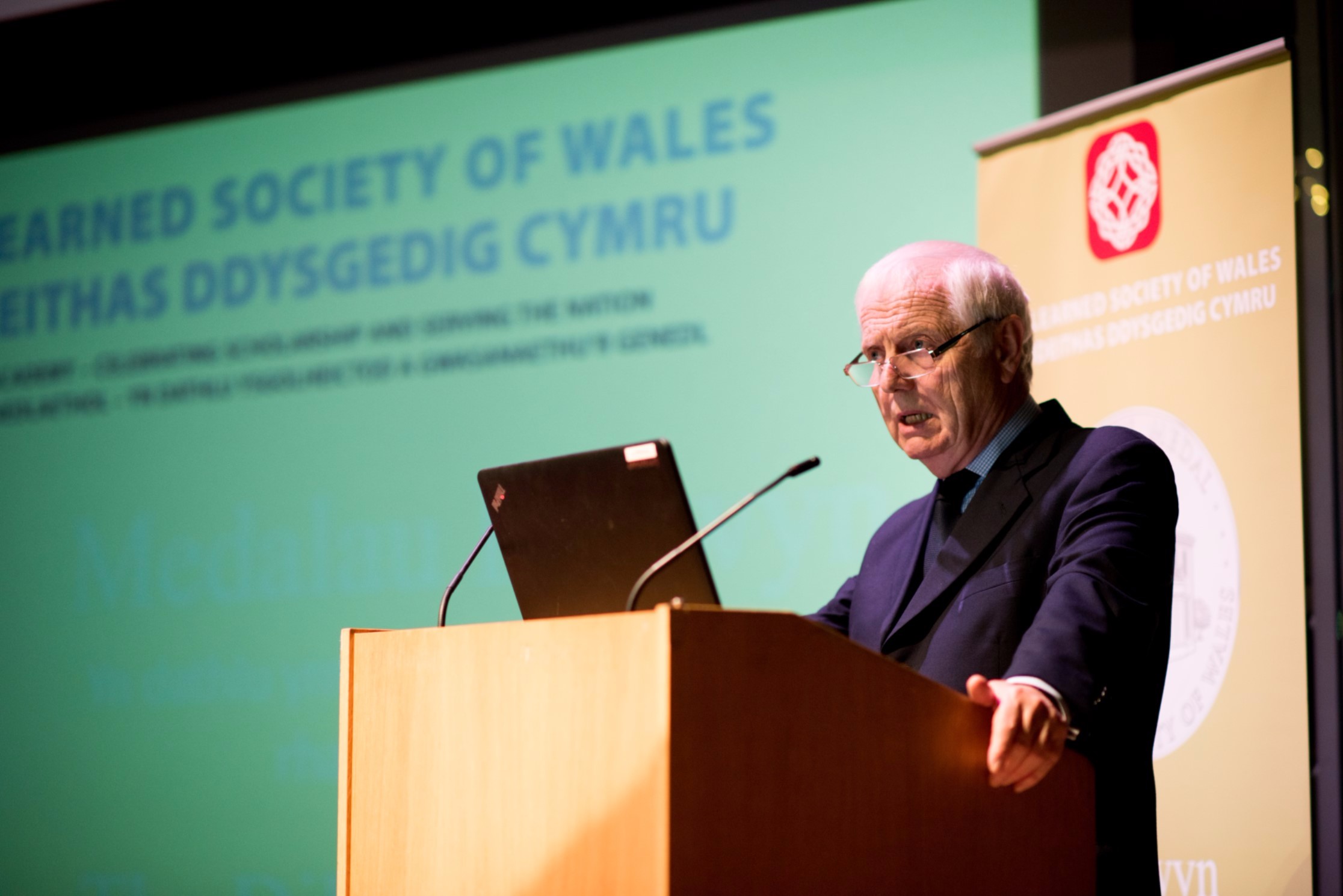Note from the President – Prof Peter Halligan’s new appointment, Brexit continues to dominate, and the latest on the national academies

I’m delighted by Peter Halligan’s appointment as Chief Scientific Adviser to the Welsh Government. He will bring to it a wealth of relevant experience and a keen appreciation of the present state of research in Wales and the evolving policies which he has been helping to emerge. In his 3 years as our Chief Executive, Peter worked closely with Professor Julie Williams whom he now replaces. I’m confident that this important relationship will further strengthen.
Of course we shall miss Peter’s tremendous contribution in helping the Society strengthen and extend its work. He leaves with our thanks and best wishes. The Council has discussed the role of the Chief Executive and advertisements will appear shortly. It will also be on the Society’s website. If colleagues know of any interested possible candidates, please encourage them to look there for the advert and the detailed particulars of the post.
Brexit continues to dominate the political agenda. For higher education and research there are real interests at stake. Movement of staff and students is at the heart of university experience and international collaboration is a vital dimension for today’s researchers. Participation in EU programmes has become crucial for Welsh researchers. We have therefore been working with sister academies to press the British Government to include continued UK participation in current and future EU research programmes as an essential element of the UK’s future relations with the European Union. The academies are also actively working with continental academies to establish a common interest in that continued involvement.
The Triennial dinner of the Royal Society of Edinburgh and the subsequent meeting of representatives of national academies was an opportunity to explore these issues and more generally how national academies and their Fellows can engage more with global challenges. The commonality of interest was striking as was the obvious conclusion that most are best confronted multilaterally. Many spoke of the difficulty of getting expert advice effectively communicated and properly considered by policy makers. No change there.
On 29 January I accompanied Mark Drakeford and his Scottish Government opposite number to a meeting at the House of Lords. We set out some of the implications of the Withdraw Bill for devolved administrations and for individual policies.
Sir Emyr Jones Parry